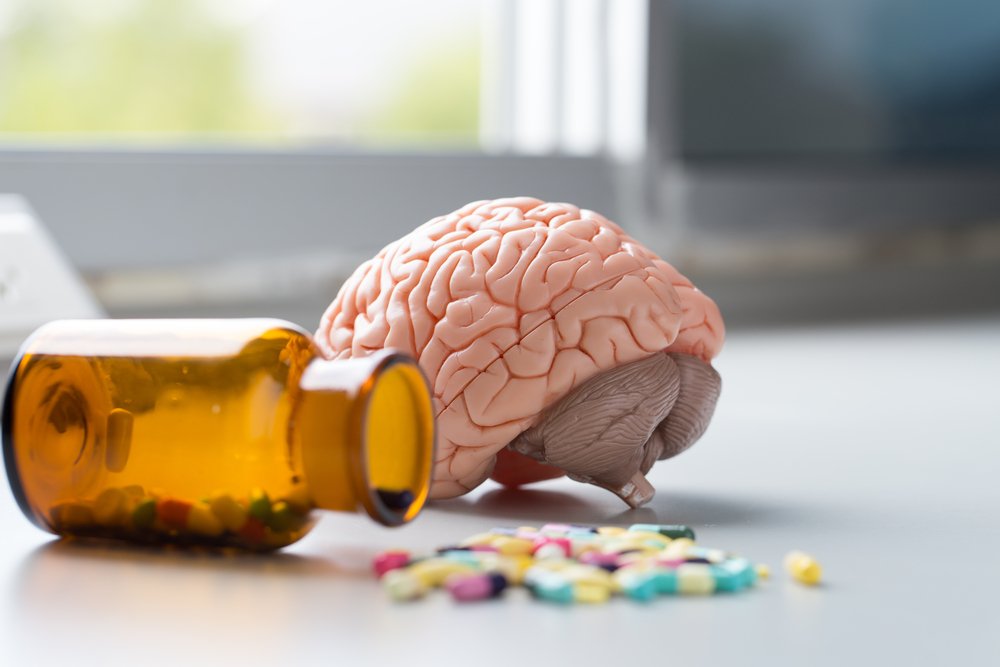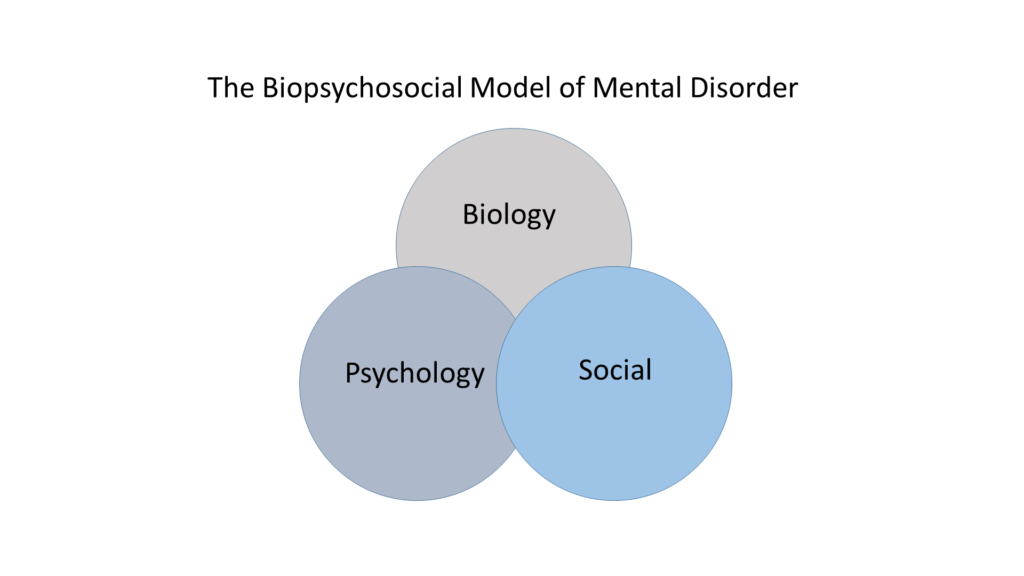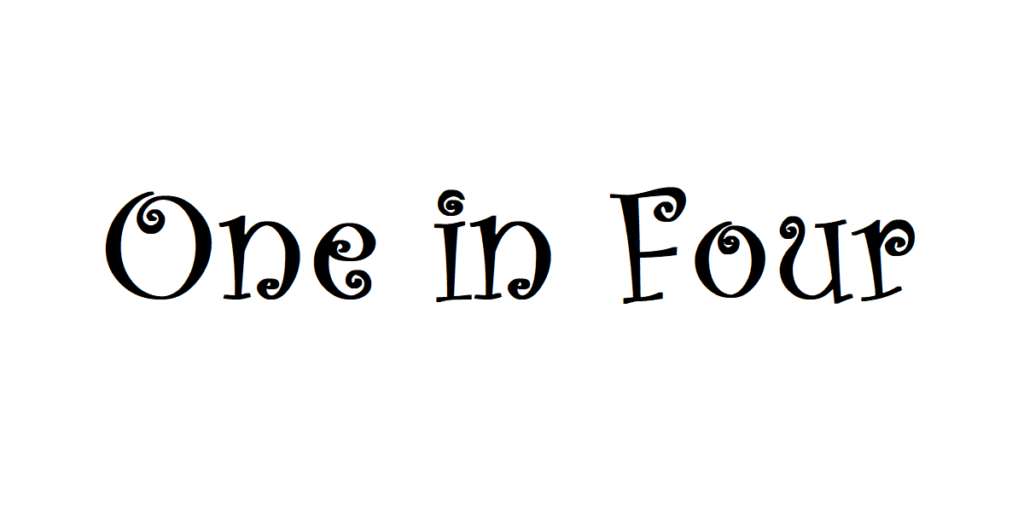
Admin
Exploring the History of Mental Health Treatments

Mental health is an incredibly important and complex topic. The way people think about mental health has changed over time, with new ideas developing all the time. In this blog post, we will take a look at some of the ways mental health issues have been treated throughout history.
Ancient Greece and Rome
In Ancient Greece, physical ailments were believed to be caused by supernatural forces like gods or demons. In terms of mental health, it was believed that these supernatural forces could cause a person to be “possessed” and become mentally unstable or ill. To treat such conditions, doctors would use methods like bloodletting or purging in an attempt to rid the body of evil spirits.
The Middle Ages
During this period, religious beliefs began to play an even more significant role in how mental health issues were understood and treated. People suffering from mental illness were thought to be possessed by demons or witches, so exorcisms were used as a form of treatment for these illnesses. Other treatments included prayers and confinement in churches or special institutions set up for treating these types of disorders.
The 1700s-1800s
This period saw more advances in understanding mental health issues and developing treatments for them. In 1793, Philippe Pinel introduced moral treatment for people with mental illnesses, focusing on providing humane care rather than confinement and restraint. He also advocated for removing chains from patients who had been restrained as part of their treatment plan. In the 1800s, Sigmund Freud developed his psychoanalytic theory which attempted to explain how unconscious thoughts can affect behaviour and emotions. This was a major breakthrough in understanding why some people develop certain types of mental illnesses and how they can be treated effectively through therapy sessions.
The 20th Century & Beyond
This century brought even more advancements in understanding mental health issues and developing better treatments for them. In 1952, lithium was discovered as an effective treatment for bipolar disorder; today, it is still used as a first-line treatment for this condition. Many other medications have also been developed since then that are effective at treating anxiety, depression, schizophrenia, OCD (Obsessive Compulsive Disorder), PTSD (Post Traumatic Stress Disorder) etc.—allowing many individuals living with these conditions to lead healthier lives than ever before! Additionally, Cognitive Behavioural Therapy (CBT) has become increasingly popular as a way to help individuals better understand their own thought processes and behaviours—and ultimately change them if needed—in order to improve overall well-being.
Concluding Thoughts
Mental health issues have been around for centuries but our understanding of them has come a long way over the years! From thoughts being attributed to supernatural forces during Ancient Greek times to modern-day treatments like CBT—we now have much better tools available than ever before when it comes to helping those suffering from various types of mental illness lead healthier lives! It’s important that we continue researching new forms of treatments so that more people can get access to the help they need when dealing with any type of psychological disorder or imbalance they may face throughout life’s journey!
Do any of these explanations of mental health surprise you? Are you happy with the advancements that have been made with regard to mental health or do you believe we still have a long way to go? Let us know in the comments below!







Responses